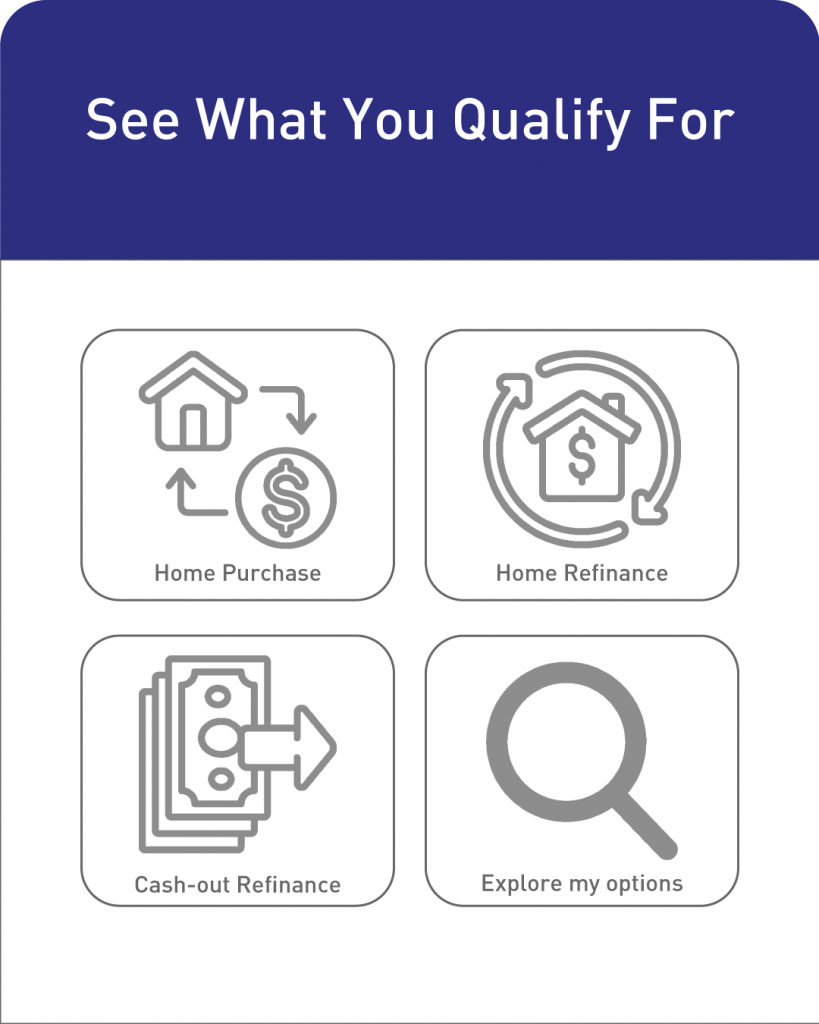Home Equity Loan Vs. Mortgage: What’s The Difference?
The numerous loan terms introduced can be confusing when looking for a home, especially for a first-time buyer. It is important to ensure that you secure the appropriate financing for your home purchase, but you might be unsure about the specific options available.
If you’ve come across the term “home equity loan” lately, you’re probably curious about this widely discussed loan option and whether it suits your needs. Today, let’s dissect the specifics of what this financing type entails and explore how it differs from a traditional mortgage loan.
What Is A Mortgage?
A mortgage is a common way to finance a home purchase. It involves taking out a loan that requires repayment with interest over an extended period, usually 15 to 30 years. This option allows the cost to be spread out into manageable monthly payments.

How Mortgages Work
When you secure a mortgage, you agree to repay the costs of acquiring a home, including interest, over a set period to a lender. Once the loan process is complete, you become the owner of the property and can live in it while gradually paying back the purchase price. However, the lender retains certain rights over the property. If you fail to make payments, the lender may have the right to take possession of and sell the house to recover their financial losses.
If you manage to completely pay off your mortgage balance, on the other hand, the home will be yours, with no more payments required, until you choose to sell it. You can also sell a home before your mortgage is paid off, as long as you can sell it for enough to pay off the remaining balance of your loan.
What Is A Home Equity Loan?
A home equity loan is a second mortgage that allows you to borrow extra funds for your home. It can be used for home improvements, debt consolidation, and more. However, it cannot cover the entire cost of a house like a mortgage.
A home equity loan is a type of loan that lets you borrow money against the equity you have in your home. Equity is the difference between the value of your home and the outstanding balance on any mortgages or loans secured against it. If you’re unable to repay a home equity loan, just like with a mortgage, you could face the risk of foreclosure, which means losing your home.
How Home Equity Loans Work
A home equity loan enables you to borrow a certain percentage of your home’s value, usually ranging from 80% to 85%, with some lenders offering higher limits under specific circumstances. To determine the maximum amount of money you can borrow with this type of loan, you need to calculate the percentage of your home’s value that your lender allows and then subtract the remaining mortgage balance.
If the appraised value of your home stands at $450,000 and your borrowing limit is set at 80%, that amounts to $360,000. Now, if your remaining mortgage balance is $250,000, the calculation would be $360,000 – $250,000 = $110,000. In this scenario, you would likely have the option to borrow $110,000 for endeavors such as home improvements, repairs, or any other purpose aligned with your needs.

The Differences Between Mortgage Refinances, Home Equity Loans, And HELOCs
Let’s take a closer look at the differences between mortgages and home equity loans. Additionally, there are other ways to get extra funds for home repairs, upgrades, and debt consolidation while paying off your mortgage. In this regard, we will discuss refinancing and home equity lines of credit (HELOCs) and how these alternatives can affect your financial situation.
Home Equity Loan Vs. Refinance Mortgage
If you’ve come across the notion that refinancing your mortgage can provide funds for projects or debt consolidation, your understanding is accurate. However, before delving into the process of achieving this, let’s first discuss what exactly a refinance entails.
Refinancing your mortgage means replacing your current loan with a new one. People do this for various reasons, like getting a lower interest rate, taking someone’s name off the title, or accessing equity.
A cash-out refinance is a special type of refinancing that not only allows borrowers to refinance their mortgage but also allows them to take out some of the accumulated equity in their home for personal use. This means that borrowers can withdraw a portion of the difference between the value of their home and the remaining balance on their mortgage. The withdrawn amount is then added to the new loan amount.
Through a cash-out refinance, you receive a lump sum representing your equity, which you can use at your discretion. However, this comes at the expense of acquiring a new mortgage with an increased principal balance. This approach distinguishes itself from a home equity loan as it doesn’t entail an additional mortgage payment; instead, it essentially converts your existing mortgage loan into a new one.
Home Equity Loan Vs. Home Equity Line Of Credit
A home equity line of credit (HELOC) allows you to borrow funds based on the equity in your home, similar to a credit card. You will be charged interest during the draw period, and you must repay the principal balance and any remaining interest when the draw period ends. Keep in mind that a HELOC, like a home equity loan, uses your equity as collateral, so make sure you can afford the payments. Otherwise, you risk losing your home.
Which Loan Is The Best Option To Use?
No single loan option is superior to others. The best loan for you depends on your financial situation. Let’s discuss whether a home equity loan or mortgage would be more appropriate.
When To Use A Home Equity Loan
Consider opting for a home equity loan if you currently hold a mortgage or have successfully repaid one but find the need for additional funds to cover substantial expenses like a major purchase, home renovation, or debt consolidation. Despite incurring a second payment, these loans can be a valuable solution for affording significant costs that might be challenging to finance through other means.
When To Use A Mortgage Loan
If your goal is to acquire a new home or investment property, a mortgage is likely the most suitable loan for you, unless you have the financial capacity to purchase the property outright. Various mortgage options, including fixed-rate and adjustable-rate choices, are available.
Ready to purchase a home or see your loan options? Start your approval online with Camino Real today.

